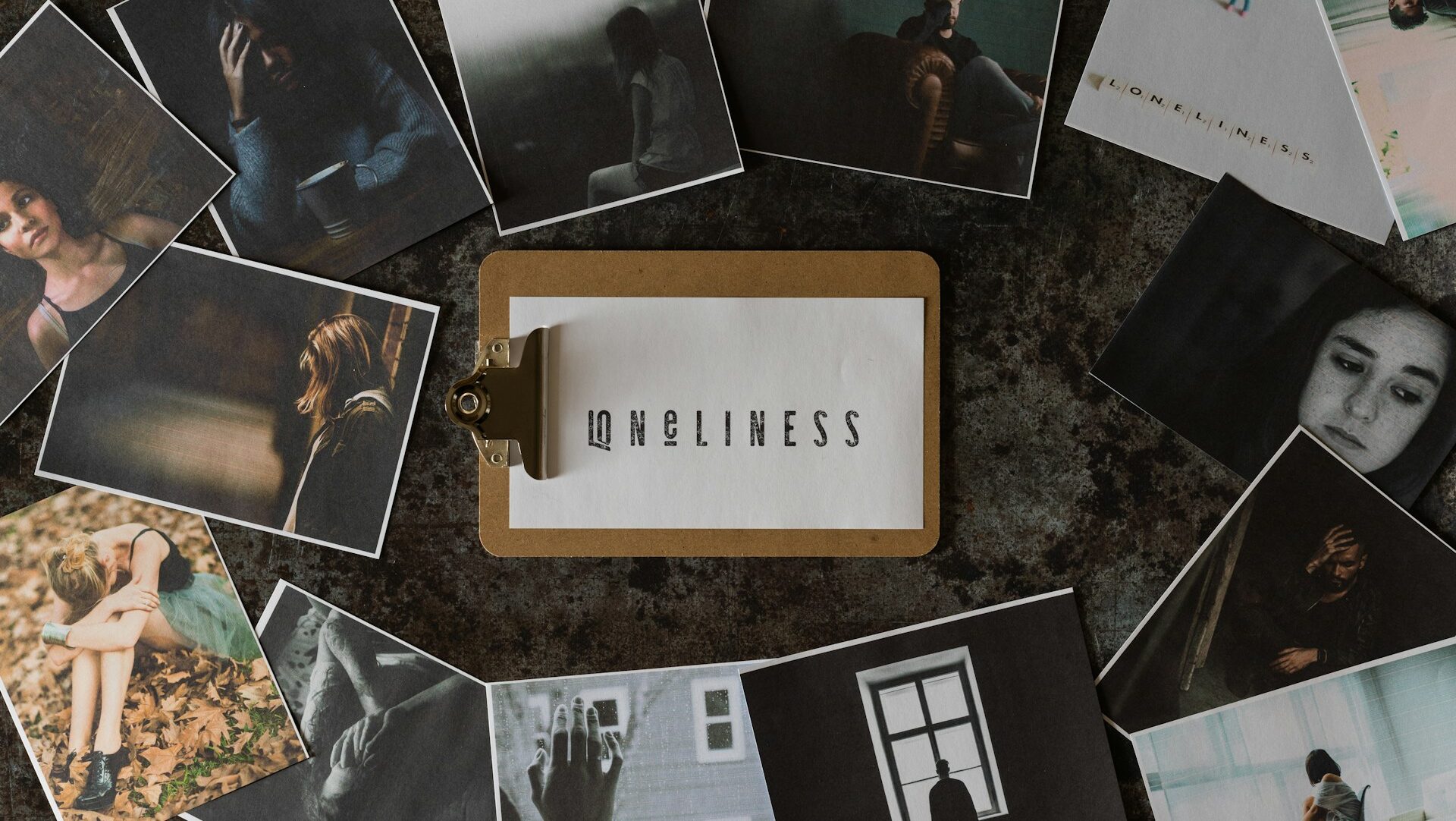If you’ve ever asked yourself this question, you’re not alone. Many people in the UK report feeling lonely or isolated at some point, even when surrounded by others. Some people have one close friend they rely on for everything, while others feel they don’t have anyone at all. From an Interpersonal Psychotherapy (IPT) perspective, our friendships and social networks are central to mental health — and when they feel shaky, so can we.
Why You Might Struggle with Friendships
- Low self-esteem or anxiety: It’s common to worry you’re “boring” or will be rejected, which makes reaching out feel too risky.
- Life transitions: Moving house, starting uni, or becoming a parent can disrupt old networks and leave you unsure how to build new ones.
- Conflict or mismatched expectations: Repeated fallings-out, unclear boundaries, or simply having different interests can erode trust.
- Grief and loss: Losing friends (through distance, drifting apart, or bereavement) can make it harder to risk new connections.
- Practical barriers: Busy work schedules, caring responsibilities, financial limitations or limited transport can get in the way.
First Small Steps You Can Try
If you want to gently expand your social circle without overwhelming yourself:
- Start small: say hello to someone you already see regularly (a neighbour, barista, or classmate). Consistency matters more than depth at first.
- Join an interest-based activity: a class, club, or volunteering gives you something in common to talk about naturally, reducing pressure.
- Reconnect with an old hobby: sometimes joining in with what you enjoy draws like-minded people in, without “forcing” friendship.
- Test the waters with micro-invitations: “I’m grabbing a coffee after this, fancy joining?” keeps it low-stakes.
Where to Meet New People
- Join activity-based groups: Pick something you think you’ll enjoy (photography, hiking, cookery). Shared activities give you something to talk about without forced small talk. Small step: Attend once and simply introduce yourself to the organiser. Next time, aim to say hello to one person and ask if they’ve been to this kind of thing before.
- Take a class: Evening courses in art, languages, or fitness class bring regular contact with the same people. Small step: Sit near the same person each week and make a short comment about the activity (“That was tricky!” / “Have you done this before?”).
- Workplace connections: Colleagues or professional networks can shift from “work chat” to friendship. Small step: Suggest a short, low-pressure meet-up (a quick walk or coffee at lunch).
- Online communities: Interest-based groups (local Facebook groups, hobby forums, Meetup.com) create a bridge into real-life contact. Small step: Commenting on someone’s post if there’s a shared interest, might result in meeting at a group event.
- Everyday public spaces: you’ll often see familiar “regulars” walking the same route with the dog, going to the same park, going to the same coffee shop. Small step: Choose one place to frequent weekly. Make eye contact, say hello, or comment on something around you or something you notice (e.g., “That coffee always smells amazing, doesn’t it?” Or “what is that you’re reading?”).
Moving From “Hello” to Friendship
Friendships usually grow through repeated light contact before deepening.
- Expand small talk slowly (“Busy today, isn’t it?” on to “How long have you been coming here?”).
- Share a small personal detail (“I’ve started walking after work, it helps relax me”).
- Notice their cues: if they seem warm, nudge a step further (suggest grabbing a drink or visiting a local event).
Keeping Friendships Alive
Once you’ve made a connection, gentle maintenance helps it grow:
- Create small rituals: send a quick “thought of you” message, or agree on a monthly walk/coffee.
- Show up: if you’ve made a plan, try to stick to it. Reliability builds trust.
- Balance the effort: take turns reaching out, asking questions, and sharing about yourself – it can’t all be one sided.
Final Thoughts
If you’ve been feeling lonely or over-reliant on one friend, you don’t need to overhaul your whole social life. Even one or two extra connections can make a big difference. Start with tiny, realistic steps, and notice what feels manageable.
If you find yourself stuck in patterns that feel hard to shift; perhaps withdrawing, fearing rejection, or putting too much pressure on one relationship – Interpersonal Psychotherapy can help. In IPT, we explore the link between relationships and low mood, and work together on building a supportive, sustainable network around you.
Contact us to find out more about IPT.
